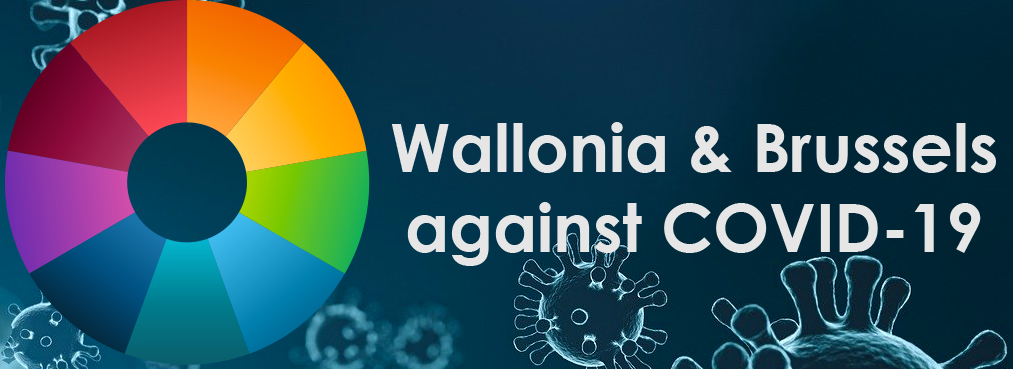UMONS/Epicura
" We set up a pilot study including positive COVID-19 patients hospitalized in intensive care with acute renal disorders. The primary intention here is to assess the serum and urine metabonomic profiles of patients with renal disorders following SARS COV-2 infection at the time of their hospitalization in order to identify metabolic indicators of the acute renal injury. "
Funding: internal funding and CUR/FNRS project submitted
Publication References:
1. Lindon JC, Nicholson JK, Holmes E, Antti H, Bollard ME, Keun H, Beckonert O, Ebbels TM, Reily MD, Robertson D, Stevens GJ, Luke P, Breau AP, Cantor GH, Bible RH, Niederhauser U, Senn H, Schlotterbeck G, Sidelmann UG, Laursen SM, Tymiak A, Car BD, Lehman-McKeeman L, Colet JM, Loukaci A, Thomas C. Contemporary issues in toxicology the role of metabonomics in toxicology and its evaluation by the COMET project. Toxicol Appl Pharmacol. 187(3):137-46 (2003)
2. Colet Jean-Marie, ""Metabonomics in the Preclinical and...
Read more: Jean-marie Colet, Pr. - Anne-Emilie Declèves, Pr. - Frédéric Debelle, Dr


